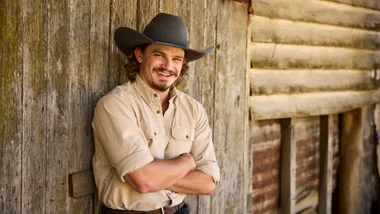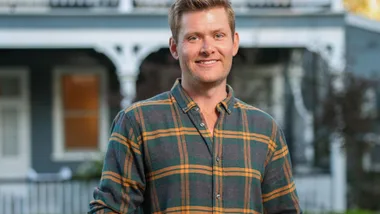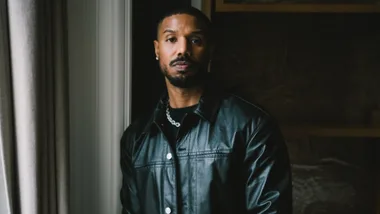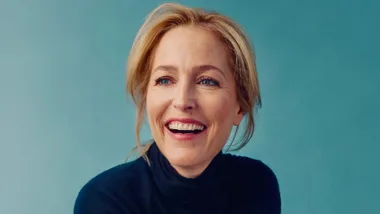Sony Pictures Classic’s latest Wall Street-set thriller Equity is all about dirty sexy money. There’s high stakes, illicit office romances, sharp suits and the kind of fast-moving money talk that includes phrases like ‘I want to see his P and L’ and ‘Short the stocks, goddamnit!’
It’s also all about women.
Starring Anna Gunn – Skylar from Breaking Bad – the film follows a fearless and determined investment banker who brokers IPOs for Silicon Valley startups. She’s bright, ballsy and uncompromising. She’s all business and all woman. She’s the one in those sharp suits – Victoria Beckham and Armani, surely – she’s the one turning the heat up in negotiations, and she’s the one running this show.
Sound familiar? It’s a plot you’ve seen countless times on screen in movies that have Wall Street in their title, but you’ve never seen a woman in that role. Until now.
Equity, which has just been released in the US and will be in cinemas in Australia on September 29, is already making waves for its progressive and realistic portrayal of women in the workforce. Gunn’s character Naomi Bishop is constantly being berated by her (male) superiors for being unlikeable, unapproachable and unrelenting. In the bedroom, men ask her why she’s single. “Yeah, well, men like a girl they can take care of,” she responds, one eyebrow expertly arched.
Early on in the film, while speaking at an all-female women in the workforce roundtable, Bishop says the one line that sums up everything that makes this film revolutionary. “Don’t let money be a dirty word. We can like that too.”
This isn’t the first movie to – finally – portray the women taking over the upper echelons of the banking business. Maureen Sherry-Klinsky, the so-called ‘She-Wolf of Wall Street’ will have her likeness portrayed onscreen by Reese Witherspoon in the film adaptation of her bestselling novel Opening Belle, a tragi-comedy set during the 2007 financial crisis.
Sherry-Klinsky has been brutally frank about the state of female representation on Wall Street. Recently, in an interview with a British newspaper, she recounted the horror of the screenwriter for the film when he was faced with the reality of the gender gap.
“I’ve recently taken the screenwriter who is working on the movie onto the trading floor of a Wall Street bank,” she says. “You walk a city block of row after row of men,” she told the newspaper. “He said, ‘I thought it was 13 per cent women or something?’ I’m like: ‘Well, the sales assistants are, the secretaries are.’”
Hopefully films like this will change that state of play.










